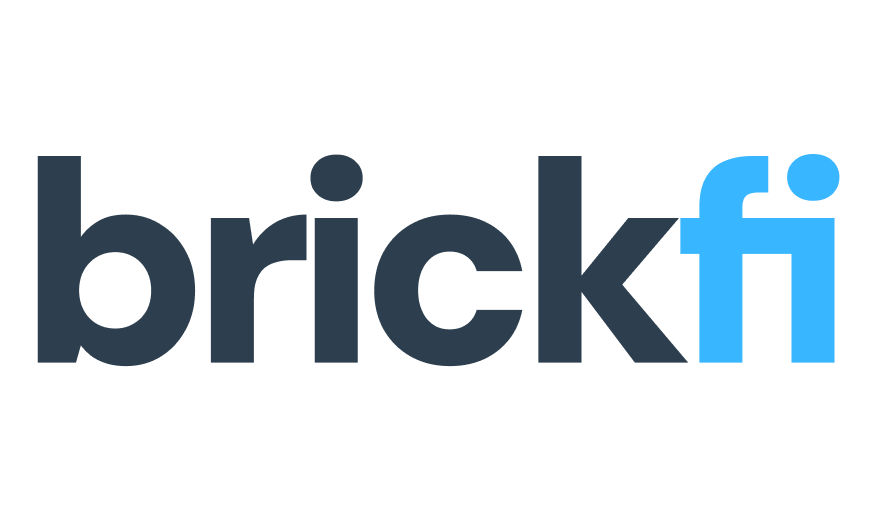What Documents Should To Check Before Buying A Flat From A Builder
Know the important documents to check before buying a flat from a builder. This guide covers legal papers, RERA checks, and what to verify for both under-construction and ready-to-move properties.

Key Takeaways:
- Owning your dream flat feels great, but it’s the right documents that make sure it’s truly yours.
- The sale deed and title papers are what truly make you the legal owner, so they can’t be skipped.
- Certificates like completion, occupancy, and encumbrance give you peace of mind that the flat is safe, compliant, and free from hidden problems.
- Agreements, allotment letters, and NOCs put every promise in writing, so you’re not relying only on verbal assurances.
- Property tax receipts and Khata records make sure you’re not stuck with someone else’s dues later.
- A RERA registration tells you the project is genuine and officially recognized.
- Taking time to check these documents might feel boring, but it’s the smartest way to avoid years of stress and make sure your dream home is legally secure.
An Overview: Important Documents To Check Before Buying A Flat From a Builder

Buying a flat is a big milestone. And while the excitement of owning your dream home is real, so is the paperwork that comes with it. Whether you’re a first-time buyer or someone who has been through the process before, understanding the important documents to check before buying a flat from a builder can save you from a lot of stress later.
The checklist changes slightly depending on what you’re buying:
- For under-construction property: You’ll need to focus on approvals like the building plan, the RERA registration certificate, and the builder-buyer agreement to be sure the project is genuine and progressing legally.
- For ready-to-move property: The key documents include the completion certificate, occupancy certificate, and property tax receipts to confirm that everything is approved, and you can move in without any legal roadblocks.
Why is this due diligence so important? Because when you’re investing your hard-earned money, you want peace of mind. Checking for RERA compliance, reviewing the title deed, and verifying all the required papers upfront ensures your dream home doesn’t turn into a legal headache later.
In this blog, we’ll walk you through a clear, simple list of documents to check before buying a flat so you can buy your home with confidence, without missing a single step.
Get instant access to expert, data-driven property insights.
Request your free Brickfi investment report now and make smarter real estate decisions today.
List of Important Documents to Check Before Buying a Flat From a Builder
Before signing any agreement, you need to be certain that the property you’re investing in is legally safe. Here’s a breakdown of the most important documents to check before buying a flat from a builder, whether it’s an under-construction project or a ready-to-move home.
Sale Deed: Your Proof of Ownership
The sale deed is the most important legal document in any property transaction. It officially transfers ownership from the builder to you. Once this document is registered, you legally become the owner of the flat. Always ensure the sale deed is clear, error-free, and registered at the local sub-registrar’s office.
Title Deed & Mother Deed: Verifying Ownership History
The title deed establishes the builder’s legal right to sell the property. Along with it, the mother deed traces the entire ownership history of the land, showing how it changed hands over the years. These documents are also required if you plan to apply for a home loan, as banks use them to verify the property’s legality.
Encumbrance Certificate (EC): Ensuring a Clear Title
An encumbrance certificate proves the property is free from any legal disputes, loans, or mortgages. This is one of the first things you should request, as it protects you from buying a flat with hidden liabilities.
Sale and Purchase Agreement: Defining the Deal
This agreement spells out everything you and the builder have agreed upon—pricing, payment schedule, possession date, and penalties for delays. Read it carefully and ensure every promise made by the builder is documented here.
Building Approval Plan: Legality of Construction
Before starting construction, the builder must get approval from the local development authority. This includes the building plan and layout sanction. If a builder can’t provide this, it’s a red flag.
Khata Certificate: Property Identification & Taxes
In cities like Bangalore, the Khata certificate and extract are essential. They record the property’s size, location, and tax details. Without this, you won’t be able to pay property taxes or apply for utilities.
Completion Certificate (CC): Quality & Safety Compliance
A completion certificate confirms that the project was built according to the approved plans and local building laws. You’ll need this document to get water, electricity, and other utilities.
Occupancy Certificate (OC): Legal Right to Move In
The occupancy certificate is proof that the local authority has inspected the building and declared it fit for living. Without it, you technically cannot move in, even if the builder has handed over the keys.
Possession Letter: Official Handover
Once the builder is ready to give you the flat, they issue a possession letter. This states the date you can take possession of your property. However, remember: this is not proof of ownership—the sale deed is.
No Objection Certificates (NOCs): Green Signals from Authorities
Builders must secure NOCs from various departments, such as fire, water, and electricity boards. These ensure the project complies with safety and utility norms.
Allotment Letter: For Under-Construction Flats
If you’re buying an under-construction flat, the allotment letter confirms your unit number, cost details, and payment structure. It’s also required when applying for a home loan.
Power of Attorney (POA): Legal Authorization
If the builder or seller is represented by someone else, ask for a properly executed power of attorney. This ensures the person signing on their behalf is legally allowed to do so.
Property Tax Receipts: Checking for Dues
Always ask for the latest property tax receipts. This guarantees there are no unpaid dues that could later become your responsibility.
RERA Registration Certificate: For Extra Protection
Under the RERA Act, 2016, every project must be registered with the state’s RERA authority. This certificate confirms that the builder is operating legally and that the project details are transparent.
Identity & Address Proof: For Registration
Finally, don’t forget your own ID and address proof—these are mandatory for registering the property in your name.
Get instant access to expert, data-driven property insights.
Request your free Brickfi investment report now and make smarter real estate decisions today.
Why These Documents Matter
Checking the important documents before buying a flat isn’t just a formality; it’s your safety net. The sale deed and title documents confirm legal ownership, while the encumbrance certificate ensures the flat is free from loans or disputes. Building approvals, completion and occupancy certificates, and NOCs protect you from future legal or municipal issues, while the Khata certificate links your property to tax records.
Agreements like the sale and purchase contract and allotment letter document every promise in writing, and the RERA registration certificate adds an extra layer of buyer protection. Collectively, these papers secure your investment, keep your purchase dispute-free, and give you the confidence that your dream home is built on a solid legal foundation.
Wrapping It Up
Buying a flat is one of the biggest financial steps you’ll ever take, and the right documents make all the difference between a smooth experience and endless headaches. When you verify every paper, from the sale deed to the RERA registration, you’re not just ticking boxes, you’re protecting your future home.
If you want this process to feel simpler and stress-free, platforms like BrickFi can help you verify all the documents to check before buying a flat from a builder in one place, so you can focus on what matters—turning that flat into your home.
FAQs: Legal Things To Check Before Buying A Flat
What is a Sale Deed, and why is it so important?
The sale deed is the legal proof that you own the flat. Until it’s signed and registered, the property technically isn’t yours. It’s the most crucial document in the entire buying process.
Do I really need an Encumbrance Certificate?
Yes! The encumbrance certificate shows that the flat is free from loans, disputes, or any pending legal claims. It’s your way of knowing you won’t inherit someone else’s financial problems.
What’s the difference between a Completion Certificate and an Occupancy Certificate?
A completion certificate confirms that the building was constructed according to approved plans. An occupancy certificate is issued later by the local authority, giving you the legal right to move in and access basic utilities like water and electricity.
How can I make sure all the documents are verified properly?
Always consult a property lawyer or use trusted platforms like BrickFi. They can help you review every document—from the title deed to the RERA certificate, so you can buy your flat with complete confidence.
Get instant access to expert, data-driven property insights.
Request your free Brickfi investment report now and make smarter real estate decisions today.
